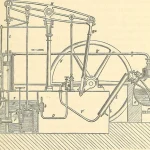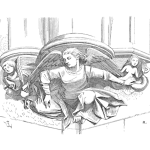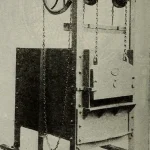
Loss management is a critical yet often overlooked component of operational excellence. Understanding and addressing the various types of losses—minor stops, speed losses, setup and adjustment losses, process failures, and quality losses—are essential to maximizing equipment effectiveness and productivity. By identifying these losses and taking proactive steps to mitigate them, organizations can transform their operations, reduce waste, and enhance profitability.
[Read more…]











 Ask a question or send along a comment.
Please login to view and use the contact form.
Ask a question or send along a comment.
Please login to view and use the contact form.